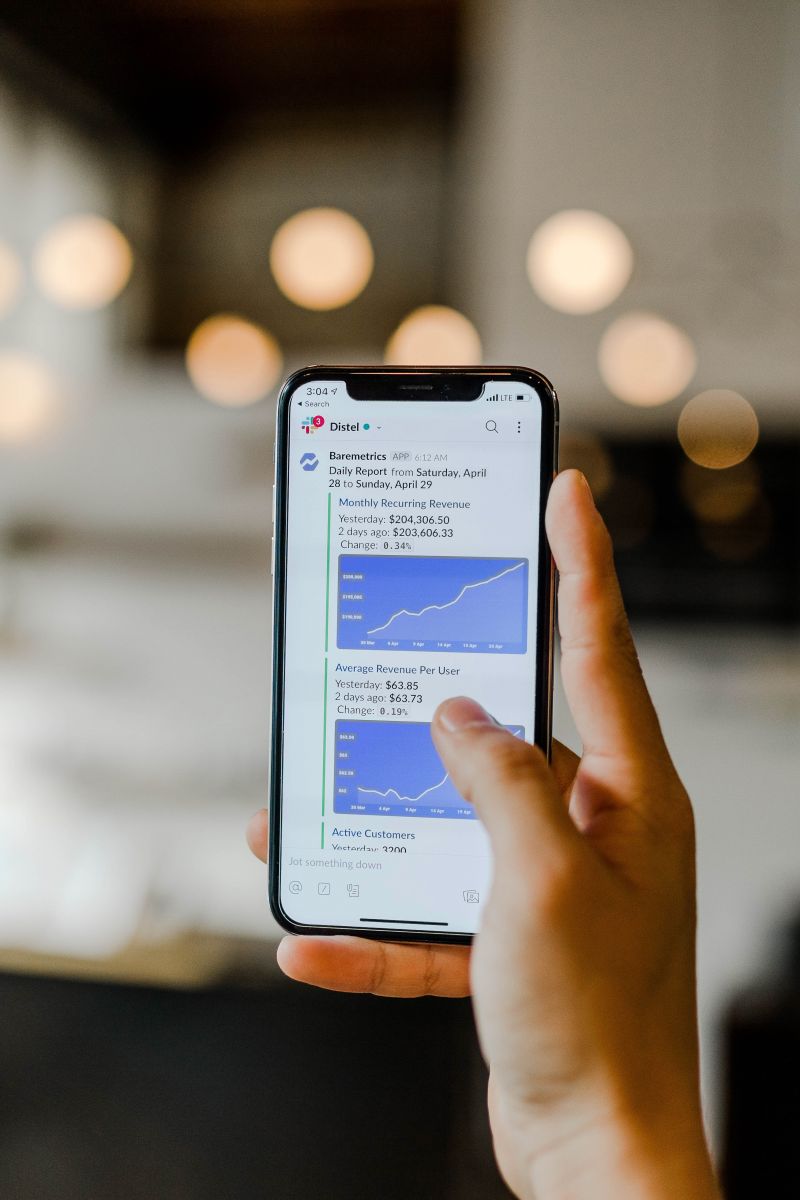Distinction between ANBIs in the UBO register
When consulting the UBO register, it will soon be possible to distinguish between directors of ANBIs and directors of other entities. This is evident from Finance Minister Wopke Hoekstra's answers to parliamentary questions from Pieter Grinwis (Christian Union) and Chris Stoffer (SGP).
Both MPs would like a clear distinction between statutorily designated individuals of a Public Benefit Organization (ANBI) and directors of a company who hold less than 25 percent of the shares. This is not so easy, as Hoekstra's response reveals. Legally, it's tricky because listing ANBI status in the Trade Register has no legal function. Furthermore, there's a technical issue: listing ANBI status requires a permanent link with the Tax and Customs Administration, where decisions are made on granting and revoking the status.
Solution
Together with the Collaborative Philanthropy Sector Organizations (SBF), the Ministry has arrived at the following solution: an explanation, coordinated with SBF, will be provided with the extract from the UBO register. This will state that directors are registered in the register solely because of their position and not because of any ownership interest or control over the entity. Users of the UBO register will also be referred to the public ANBI register, where they can see whether the entity in question is an ANBI. This solution is currently being implemented by the Chamber of Commerce. This will clarify the difference between so-called pseudo-UBOs (directors), particularly those of ANBIs, and "real" UBOs when consulting the UBO register. This is important for many directors of ANBIs, as otherwise the incorrect impression can be created that they are personally (very) wealthy.
Privacy
Other questions from Grinwis and Stoffer focused primarily on the privacy of directors listed in the UBO register. Malicious actors can use data from various sources, such as the Land Registry and the Trade Register, to gather information from directors of companies, churches, and charities. The Ministry has taken several measures to prevent this. For example, the public section of the UBO register cannot be searched for personal data, and data is only provided after registration by the person requesting it.


Services
See also

Why MAES notaries

